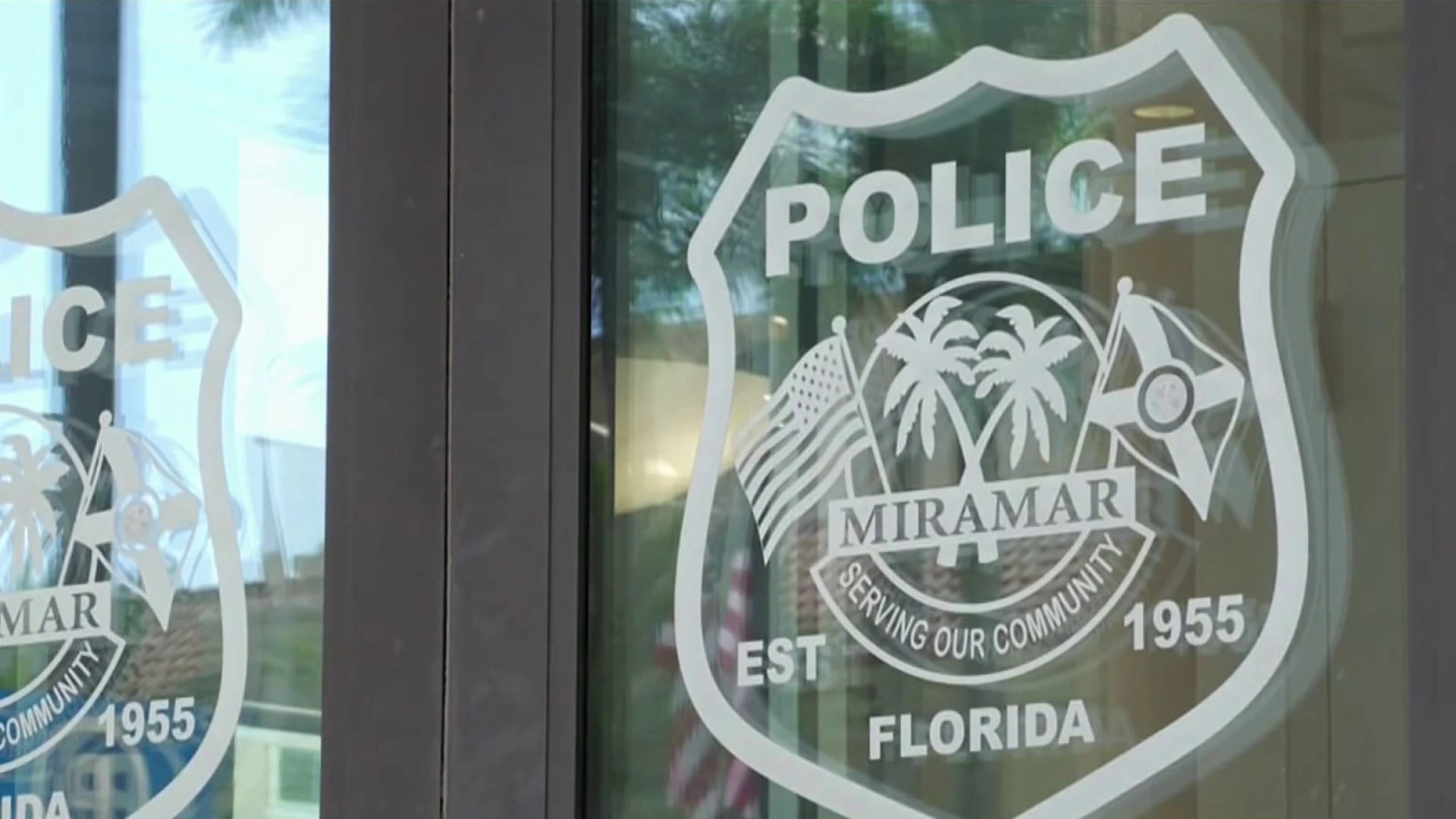Audrey Jennings-Hudgins' hopes and dreams revolve around two rooms of her North Florida home.
One is the riverfront cottage she dreams her son will one day call home.
And the other is the office where she works tirelessly, hoping to change a tough 1997 sentencing law that's keeping her son in prison for life.
"My son committed strongarm robbery due to a cocaine addiction, when he was 19," she said.
But within three years of his release from prison, he committed armed robberies at age 21.
Under Florida's Prison Releasee Reoffender (PRR) sentencing law, prosecutors then could -- and did -- seek a life sentence without parole.
"My son would’ve received nine to 16 years under his score sheet, normal sentencing guidelines," she said.
But with the enhancement, the judge had no choice but to sentence William Jennings to life.

He is now 43.
Local
"It’s probably one of the most egregious laws that we have," state Sen. Jeff Brandes (R-St. Petersburg) said of the PRR. "We shouldn’t just throw people away for the rest of their life for things they’ve done in their late teens and early 20s."
He filed a bill this session that would retroactively reduce the approximately 2,000 life sentences imposed under PRR to 25 years, and reduce sentences for about 7,000 other convicts serving lesser sentences under PRR.
But not everyone is in favor.
The Broward State Attorney’s Office, which leads the state in convictions under the PRR, opposes a law that would release all of the inmates earlier than current law allows – at least not without individually reviewing each case.
“There have been some very dangerous people who have been taken off the streets because of this law and you would have to be very careful about releasing those dangerous individuals early,” the office said in a statement.
Brandes filed his bill after meeting with Jennings' mother, who is conducting a campaign against what she views as overly harsh sentencing laws, some enacted in the wake of highly publicized crimes in the 1990s that threatened Florida tourism.
"(He) understood that basically my son had received a death sentence, in a sense, because a natural life sentence means you will die in prison," Jennings-Hudgins said.
Nearly 400 miles away from the cottage she's prepared for her son, another mother, Delores Williams, can only pray her son will walk free one day.
When, Leonard Dupree was charged in 2000 with his second armed robbery he was 22. Because it occurred less than a year after Dupree was released from prison, prosecutors sought and secured a life sentence after a jury found him guilty.
"I cried, I cried and I told him I don’t know how to get him out, I was just lost," his mother told the NBC 6 Investigators.

Dupree is now seeking a new trial based on what he says is newly discovered evidence that he is innocent.
His mother holds out hope.
"I can’t wait," Williams said, anticipating seeing her son for the first time in years if he makes it to court to argue for a new trial. "I hope he'll be able to come home. It’s a long time, a very long time."
Jennings' mother, who does not dispute her son's crimes, agrees on that point.
"I will never stop trying to bring my son home," Jennings-Hudgins said. "My son is a human being. He made a mistake. He committed a crime," but "if you do not take a life and you cause no physical harm, then a life sentence cannot be justified."



